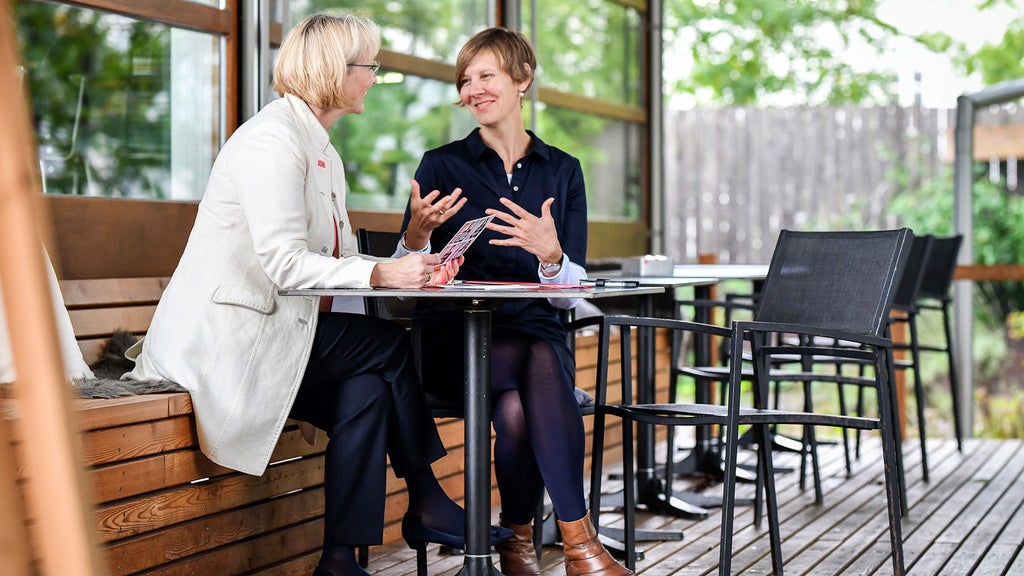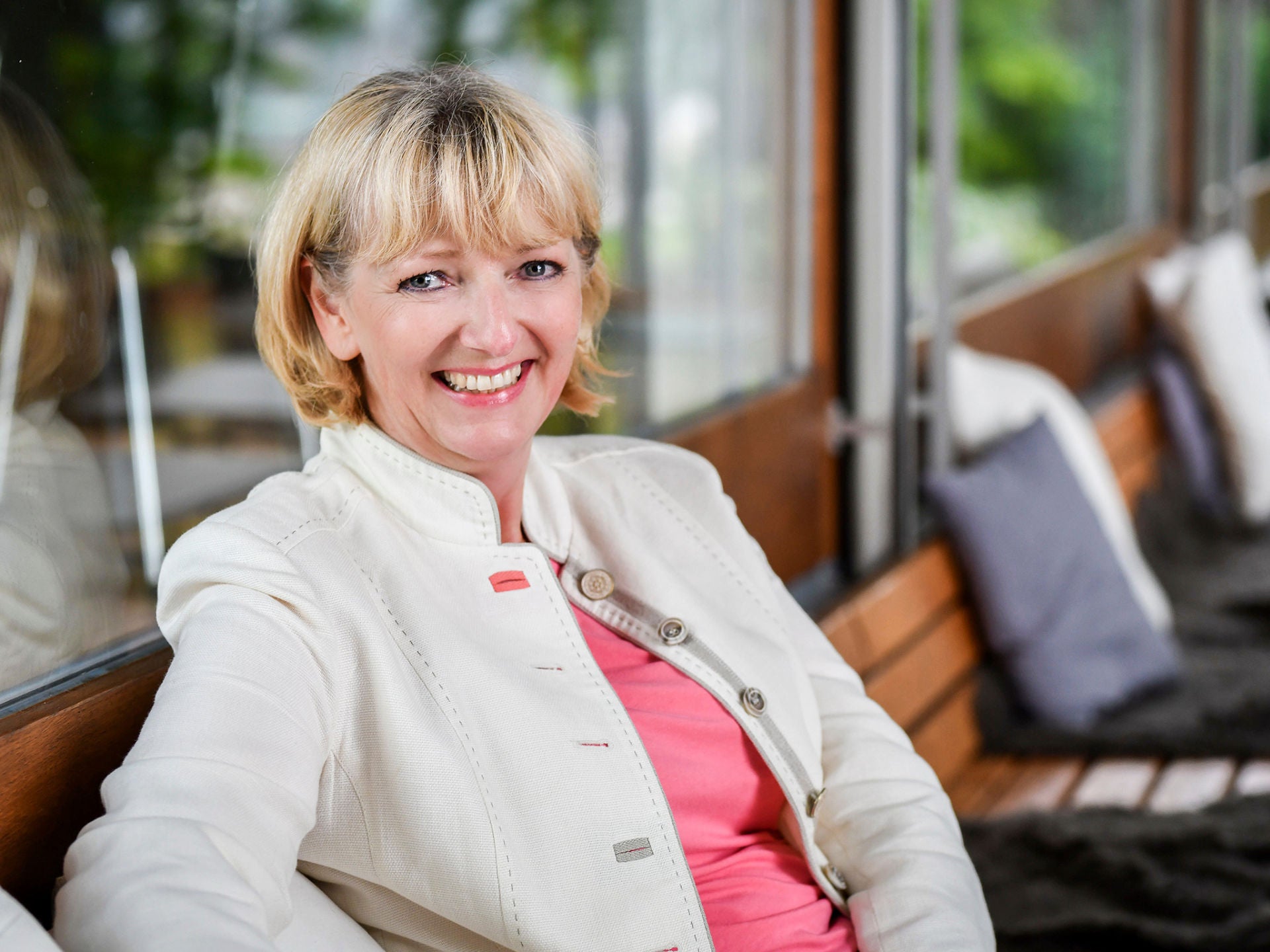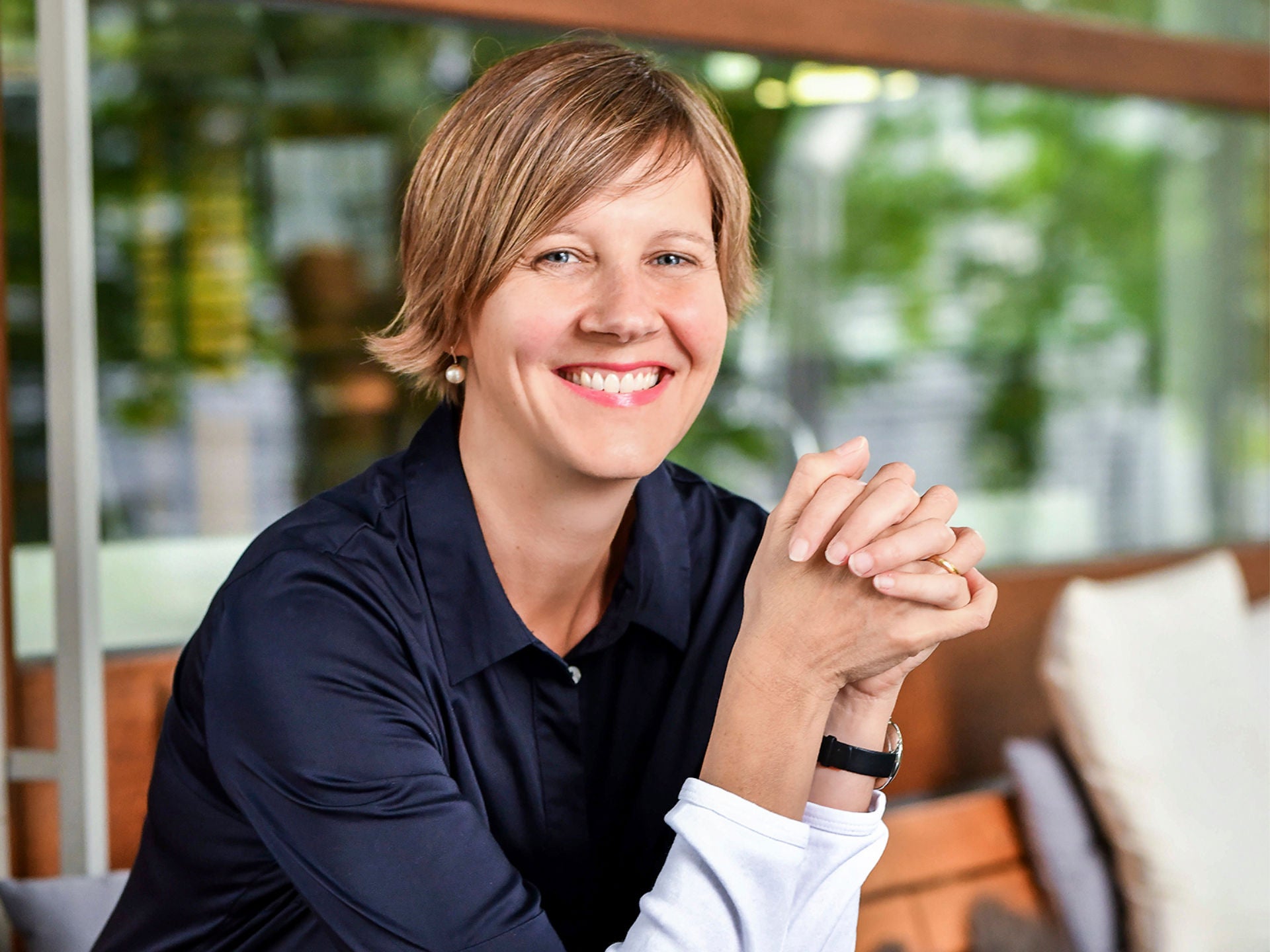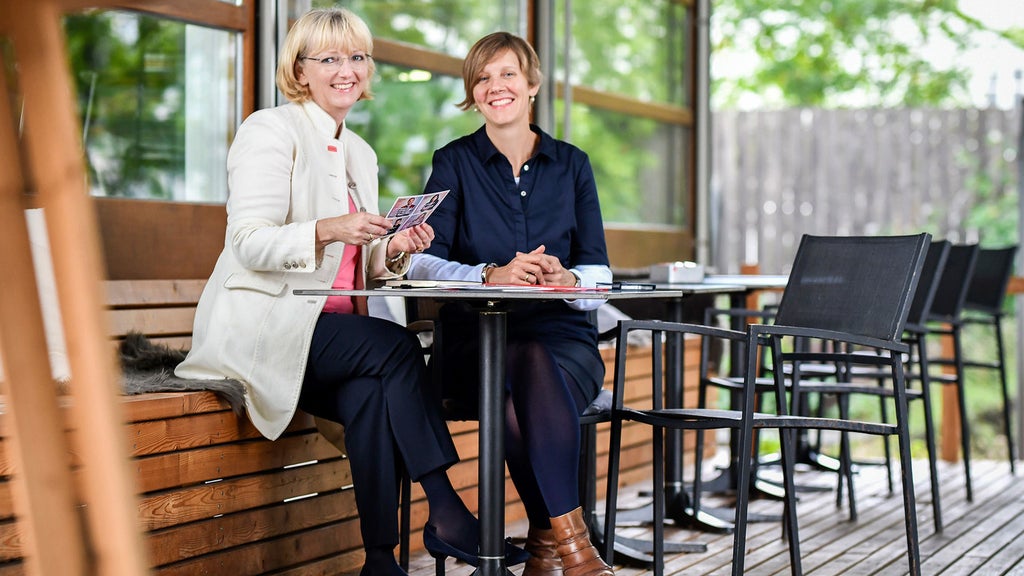The power of unconscious bias
missing translation: fa.article-intro.reading-time – 09/20/2018

Unconscious biases are judgments that we make subconsciously about the skills and abilities of different persons or groups. They are the result of unconscious mental patterns that assign certain stereotypes to people. The decisions we make each and every day are influenced by these biases.
How Our Fear of Lions Relates to Our Decision-Making Processes
What exactly are unconscious biases and where do they come from?
Sander: Unconscious biases are distortions of perception that exist outside of our control. Our brain automatically filters the mass of information it receives and processes only a fraction of it. The result is not questioned, potentially leading to poor decisions and stereotyped thinking.
Wadé: This is how stereotypes arise. If you think of a manager, for example, you immediately have a certain picture in your head. And this isn’t something that you can switch off or “untrain.”
Sander: Unconscious bias is based on a range of factors including our own experiences, our cultural influences and media representations. Gender stereotypes are defined as early as between the ages of five and seven. We think in terms of typical women’s jobs and typical men’s jobs. If a woman applies for a position as the manager of a tunnel construction site, for example, it’s much harder to gauge her suitability for the job than it would be to gauge a man’s suitability for the job. Likewise, the same is the case when a man applies for a position as a child care assistant. And when it comes to performance evaluations, it makes a difference whether someone works full time or part time. A full-time employee is seen as better performing and more committed.
Gudrun Sander
Professor Gudrun Sander is an honorary professor of business administration with a special focus on diversity management at the University of St. Gallen. She also heads the Competence Centre for Diversity and Inclusion, which is part of the Research Institute for International Management. As Director of the diversity and management programs run by the Executive School of the University of St. Gallen, she is responsible for the management training program “Women Back to Business.”

How great is the risk of making poor decisions as a result of unconscious bias?
Sander: The people we like best are those who are most similar to us. We feel reassured by them and are comfortable in their presence, a phenomenon known as the “mini-me effect.” But this means that we also overlook a range of possibilities and opportunities—both in our personal and professional lives. When it comes to selecting personnel, for example, unconscious bias often causes us to wrongly assess or underestimate someone’s skills and character. This stereotyped thinking can potentially even cause us to discriminate against groups or individuals.
Wadé: Managers often do not recognize their employees’ potential, which can have a detrimental impact on their ability to work together and, ultimately, the success of their company. This unconscious bias prevents us from viewing others fairly and objectively.
“Managers often do not recognize their employees’ potential
Antonia Wadé
It’s important in every company to ensure that these kinds of misjudgment don’t arise. How can we counteract our unconscious bias in our everyday working lives?
Wadé: Whenever I talk about unconscious bias, the reaction is often: “Do I have that, too?” Yes, everyone does. It would actually be abnormal not to. It is precisely the job of the diversity management team to dispel our employees’ fears about this and help them to become aware of their own prejudices and how these impact others. This is the best way of learning how to deal with them.
Sander: We don’t have to be ashamed of having prejudices—after all, they are simplifications that we need every day to help us make quick decisions. This automatic mental reaction is necessary for coping with our increasing workloads and the ever-growing demands imposed upon us.
Wadé: You can make better decisions and work more effectively in teams when you are aware of your mental patterns and stereotypes and know in what situations you might be easily influenced by them. The right approach is to question your gut feeling and try to make judgments based on facts rather than assumptions.
Sander: Especially when selecting personnel, it is important to be aware of this and reflect on your mental patterns, otherwise you run the risk of selecting lots of “mini-mes.”
“We don’t have to be ashamed of having prejudices
Gudrun Sander
Antonia Wadé
Antonia Wadé studied business administration in Regensburg and the USA and now is part of Audi’s Diversity Management department. For her, the issue of unconscious bias is an important lever for promoting greater diversity.

“Teams are becoming more heterogeneous, the workforce more diverse and the world more connected and agile
Gudrun Sander
What is the link between unconscious bias and diversity?
Sander: Teams are becoming more heterogeneous, the workforce more diverse and the world more connected and agile, which forces us to change our perspective. We all view the world through our own lens and take different approaches. If we deal with the increasing diversity in a constructive manner and exploit our employees’ different backgrounds as a means of dealing with the ever more complex tasks we face, this is a win for the entire company. Diverse teams are more innovative and profitable.
Wadé: Everybody should have the opportunity to reveal their full potential, but this requires an open corporate culture. Managers have to nurture a working atmosphere in which employees are valued, in which they are encouraged to see things from new perspectives and sharpen their senses. Many managers don’t yet understand their role. They don’t know what they can and ought to do when it comes to diversity. Training sessions and courses can help to raise awareness of this issue among managers and teams.

Gudrun Sander and Antonia Wadé talking about unconscious bias.
Gudrun Sander and Antonia Wadé talking about unconscious bias.
“Rethinking starts in people’s heads
Antonia Wadé
Is there such a thing as optimum diversity within a team? Do diversity targets make any sense at all?
Wadé: It’s about changing people’s mindsets, not fulfilling a certain target. Rethinking starts in people’s heads. Here at Audi, we are looking to redefine the issue of equal opportunities in the context of the ongoing cultural change. For us, diversity encompasses a person’s age, gender, cultural background, sexual orientation and involves inclusion. You have to be open to differences and use these to positive effect. Only then will we witness authentic change.
Sander: You should always consider how much diversity is sensible and in what contexts. Indeed, some professions might not benefit in any special way from having exceptionally diverse teams. In a hospital emergency ward, for example, the procedures are always the same and decisions have to be quick and correct. Diversity and reflection do not offer many benefits here. In an innovation department, however, diversity and different perspectives are extremely important in the process of creating new solutions for customers. It’s important to define the level of diversity specifically for each department.
In conclusion, one could say that if we tackle and question our fear of lions, this can have a positive impact on our mindset and our decisions.
Sander: Exactly.
Wadé: Well summarized.